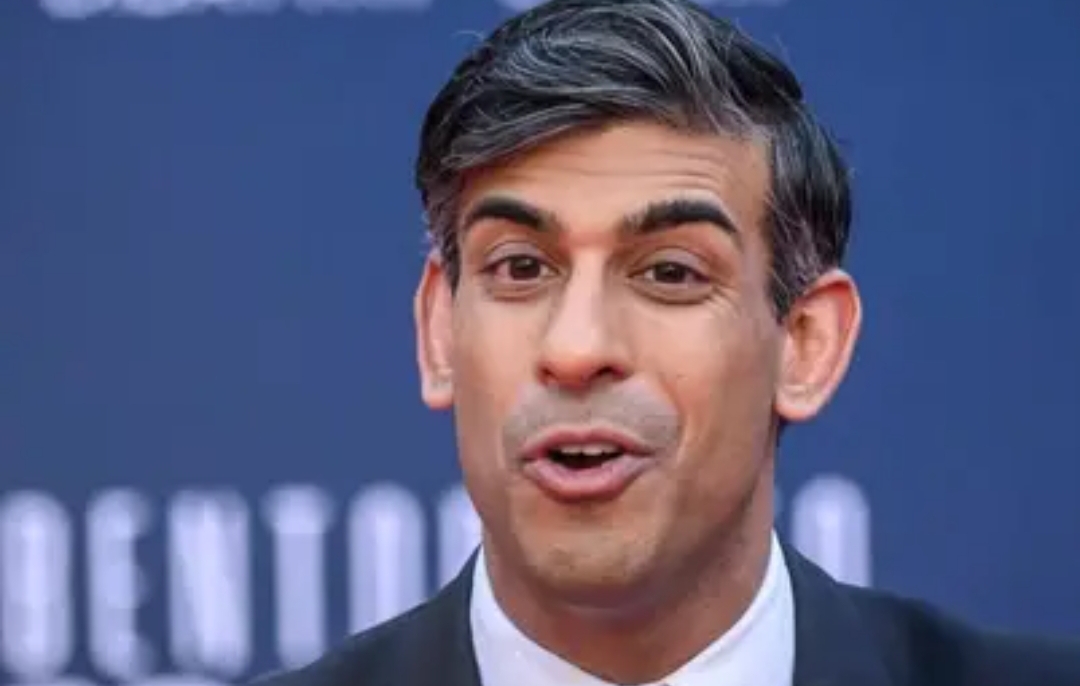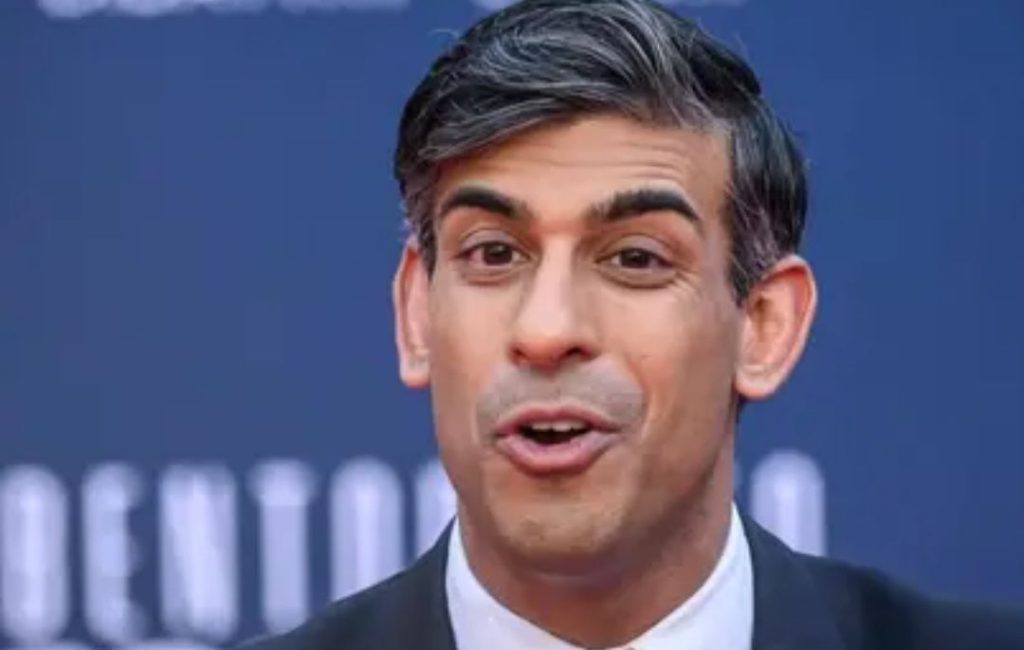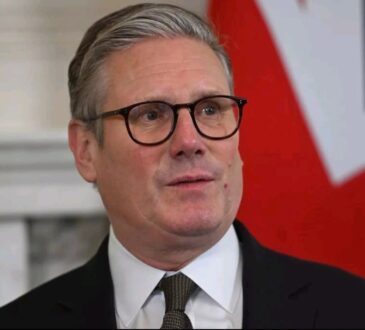The Secret Plot to Destroy the State Pension Exposed You Won’t Believe What is Going on Behind The Close Door

Prime Minister Rishi Sunak is facing warnings about the future of the state pension in the United Kingdom. The country is said to be at a “real tipping point” due to the “enormous ongoing cost” of the triple lock. The triple lock is a government pledge to raise the state pension by the highest out of average earnings, 2.5 per cent, or the rate of inflation.

According to GB News, earlier this month, the Institute of Fiscal Studies (IFS) proposed a solution. They suggested replacing the triple lock with a “four-point pension guarantee”. This would only come into effect once the state pension reaches a target level. The proposal has been brought forward due to ongoing concerns about the viability of the triple lock.
There is growing uncertainty among the public. This is due to hikes to the state pension age. The state pension age is the earliest age at which a person can start receiving their state pension. It has been gradually increasing over the years, causing concern among future pensioners.
Helen Morrisey, head of retirement analysis at a leading financial institution, has been vocal about the issue. She has been at the forefront of discussions about the future of the state pension. Morrisey has been instrumental in bringing the issue to the attention of the government and the public.
The state pension is a crucial part of retirement planning for many people in the UK. It provides a regular income for those who have reached the state pension age. The amount received depends on the number of years a person has paid National Insurance contributions.
The triple lock has been a key feature of the state pension since it was introduced. It guarantees that the state pension will increase each year by the highest of three measures. These are the average increase in wages, the rate of inflation, or 2.5 per cent.
However, the triple lock has come under scrutiny due to its cost. The government has been warned that the cost of maintaining the triple lock could become unsustainable. This is due to the increasing number of people reaching state pension age and the rising cost of living.
The IFS’s proposal of a “four-point pension guarantee” is seen as a potential solution. It suggests that the state pension should increase by a set percentage each year. This would be once the state pension reaches a target level. The exact details of the proposal are yet to be revealed.
The proposal has been met with mixed reactions. Some believe it could provide a more sustainable way to increase the state pension. Others are concerned that it could lead to lower increases in the state pension in the future.
The government has yet to respond to the IFS’s proposal. It remains to be seen whether they will consider implementing the “four-point pension guarantee”. The decision could have significant implications for the future of the state pension.
The state pension is a vital source of income for many retirees in the UK. Any changes to the way it is calculated or increased could have a significant impact on these individuals. It is therefore crucial that any decisions made about the future of the state pension are carefully considered.
The issue of the state pension and the triple lock is a complex one. It involves balancing the needs of current and future pensioners with the financial sustainability of the system. The government will need to carefully consider all options before making a decision.
The future of the state pension in the UK is at a critical juncture. The decisions made now could have far-reaching implications for future generations of retirees. It is a situation that requires careful consideration and decisive action.





Stop sending billions of taxpayers money to other countries so they can start sending rockets into space amount of tax that goes through parliament fingers should be enough to look after our pensioners and our veterans.